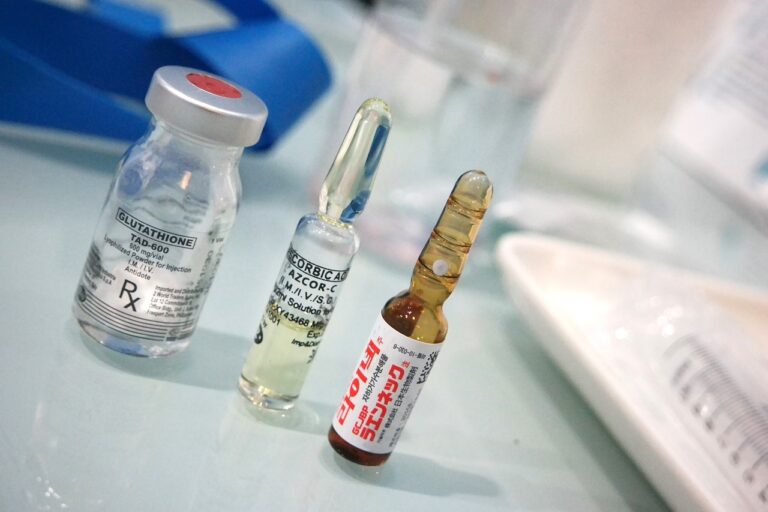The Link Between Diet and Inflammation: Implications for Chronic Disease
Inflammation is a natural immune response that helps the body fight infection and heal wounds. However, chronic inflammation can be harmful and is linked to a variety of chronic diseases such as heart disease, diabetes, cancer, and more. One of the major factors that can contribute to chronic inflammation is diet. In this article, we will explore the link between diet and inflammation, and discuss the implications for chronic disease.
What is Inflammation?
Inflammation is the body’s natural response to injury, infection, or irritation. It is a protective mechanism that helps the body heal and defend itself against harmful invaders. When the body detects a threat, such as an injury or an infection, it triggers an inflammatory response. This response involves the release of immune cells and chemicals that help to eliminate the threat and repair damaged tissues.
Acute vs. Chronic Inflammation
Acute inflammation is a short-term response that occurs in response to a specific injury or infection. It is a normal and necessary part of the healing process. However, chronic inflammation is a prolonged and persistent inflammatory response that can be harmful to the body. Chronic inflammation can be triggered by a variety of factors, including stress, pollution, smoking, and diet.
The Role of Diet in Inflammation
Diet plays a significant role in determining the body’s inflammation levels. Certain foods can promote inflammation, while others can help to reduce it. A diet high in processed foods, sugar, unhealthy fats, and refined carbohydrates can promote inflammation, while a diet rich in fruits, vegetables, whole grains, lean proteins, and healthy fats can help to reduce inflammation.
Common Inflammatory Foods
Some of the most common inflammatory foods include:
- Sugar
- Refined grains
- Trans fats
- Processed meats
- Saturated fats
Anti-Inflammatory Foods
On the other hand, some of the most anti-inflammatory foods include:
- Fruits
- Vegetables
- Whole grains
- Healthy fats (such as olive oil, avocado, and nuts)
- Lean proteins (such as fish and poultry)
Impact of Diet on Chronic Disease
The link between diet and inflammation is well-established, and research has shown that a poor diet can increase the risk of chronic diseases such as heart disease, diabetes, cancer, and more. By adopting an anti-inflammatory diet rich in fruits, vegetables, whole grains, lean proteins, and healthy fats, it is possible to reduce inflammation levels in the body and lower the risk of chronic disease.
FAQs
Q: Can diet really impact inflammation levels in the body?
A: Yes, diet plays a significant role in determining inflammation levels in the body. A diet high in inflammatory foods can promote inflammation, while a diet rich in anti-inflammatory foods can help to reduce it.
Q: What are some easy changes I can make to my diet to reduce inflammation?
A: Some easy changes you can make to your diet to reduce inflammation include increasing your intake of fruits and vegetables, choosing whole grains over refined grains, opting for healthy fats such as olive oil and avocado, and limiting your consumption of sugar and processed foods.
Q: How long does it take for diet changes to impact inflammation levels?
A: The impact of diet changes on inflammation levels can vary from person to person. In general, making healthy changes to your diet can start to have positive effects on inflammation levels within a few weeks to a few months.
Q: Are there any specific diets that are particularly effective at reducing inflammation?
A: While there is no one-size-fits-all diet that is guaranteed to reduce inflammation, the Mediterranean diet is often recommended for its anti-inflammatory properties. This diet emphasizes fruits, vegetables, whole grains, healthy fats, and lean proteins, all of which can help to reduce inflammation in the body.







